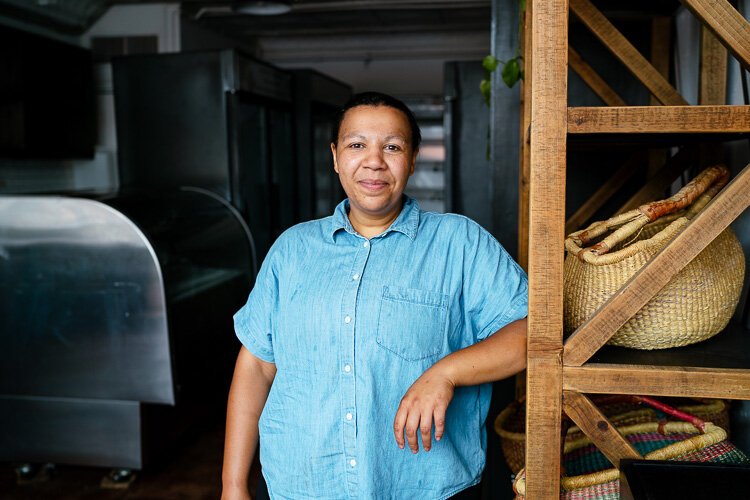MSU study claims city’s vacant land has green growth potential
The concept of urban farming shouldn’t be new to any regular readers of Model D. But here’s something buzz-worthy: the city’s publicly-owned land could transform the Motor City into a post-industrial land of plenty.
The New York Times Green blog sourced a Michigan State University study that claims the city’s vacant land has the potential to produce 75 percent of the city’s vegetable supply and 40 percent of non-tropical fresh fruits for local residents.
Excerpt:
The study identified 44,000 parcels totaling nearly 5,000 acres, with
no existing structures, that were owned by the city, surrounding Wayne
County or the state of Michigan. Land in and around parks, golf courses,
cemeteries, schools, churches, hospitals, jails, utilities,
right-of-ways and privately owned property was not included.
“Our totals are conservative,” said Mike Hamm, a professor of
sustainable agriculture at Michigan State University. “But it may be
closer to representing the quantity of land more readily available for
urban farms and gardens because these parcels are publicly owned and
clear of any buildings.” The post also suggests proposals for large-scale agriculture in the city remain on the drawing board. Your move, Detroit.
Read the post here.




